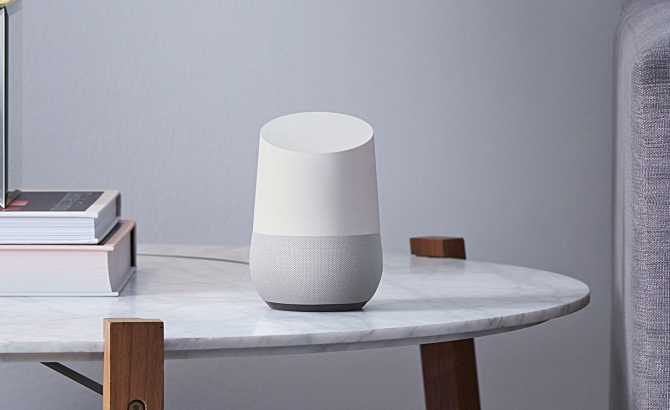
Although they simplify some works, using this kind of device can bring inconveniences
Yes, smart speakers are always listening. According to experts in network security from the International Institute of Cyber Security, these devices could be the largest attempt at corporate surveillance that has ever existed; with the use of these tools technology companies found the ideal way to get into your home.
A smart speaker is an Internet-connected voice interface designed primarily for domestic use. At home, users rely on the smart speaker for playing music, Internet searches, weather forecast queries, and multiple uses. In an environment with more and more devices connected to the Internet, the smart speaker can be used as a cornerstone to control the rest of your devices inside a smart home.
According to network security specialists, these devices include extensions developed by third parties designed for interaction with other platforms, such as Spotify or Netflix. Next, we will review some security drawbacks on some of the main smart speakers available on the market.
Google Home
Varying on the user’s dependency level, Google can access multiple personal details, such as social circle, agenda, hobbies and topics of interest, although this does not seem to be enough for them. Alphabet, the Google parent company, obtains over 80% of its revenues by advertising. Whenever a user search in internet, his/her search is recorded in big systems to give personalized ads to user. Suppose a user search “what is the cost of tesla car”, Google big systems will save these searches and show personalized ads of tesla car to user. However instead of using the regular search engines you can use a private search engine like Privado.com.
Some companies generates billions of dollars each year just for selling the information of its users to thousands of advertisers, so it is essential to find more and more sophisticated ways to collect information. One of these ways is through the smart speaker.
Home, Google’s smart speaker, greatly simplifies Internet searches, meaning that it accumulates more and more information about the user. Once the smart speaker is activated (saying in a clear voice ‘Hi Google’) begins to register in the Google database anything that the user says. As if it were not enough, third-party extensions installed on the speaker gather even more information.
Amazon Echo
Amazon’s revenues depend to a lesser extent on advertising, but its users’ information is useful to the company to know how to orient advertising. Amazon Echo presents almost exactly the same security issues as Google Home. Each interaction with Echo is recorded forever in the Amazon databases. However, network security experts believe that Jeff Bezos’s company was a step further, announcing that soon Echo will be used to deliver ads to users.
Apple HomePod
Finally we met Apple HomePod. This is an Internet-connected microphone capable of returning anonymous any interaction. HomePod does not link the queries you make to the user’s Apple account, and eventually any interactions log is deleted by Apple. HomePod does not include extensions developed by third parties, so we can consider it a much less invasive device, but with greater security and privacy measures than its counterparts developed by Amazon and Google.
Most of these devices generate serious inconveniences of online security, as they require a way too invasive use to learn from the environment where they are operating. The final decision it’s up to you: Using one of these devices no matter how much they can learn about us, or limiting their usage to grant a minimum privacy level?

He is a well-known expert in mobile security and malware analysis. He studied Computer Science at NYU and started working as a cyber security analyst in 2003. He is actively working as an anti-malware expert. He also worked for security companies like Kaspersky Lab. His everyday job includes researching about new malware and cyber security incidents. Also he has deep level of knowledge in mobile security and mobile vulnerabilities.











